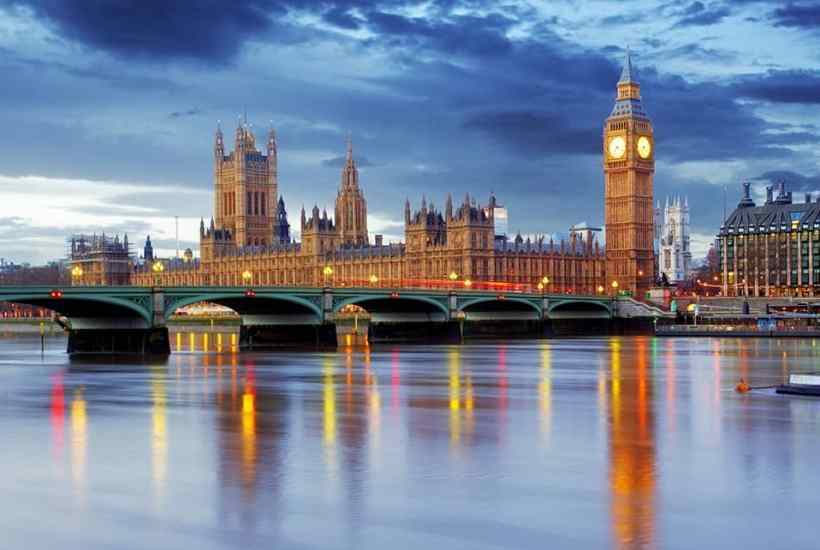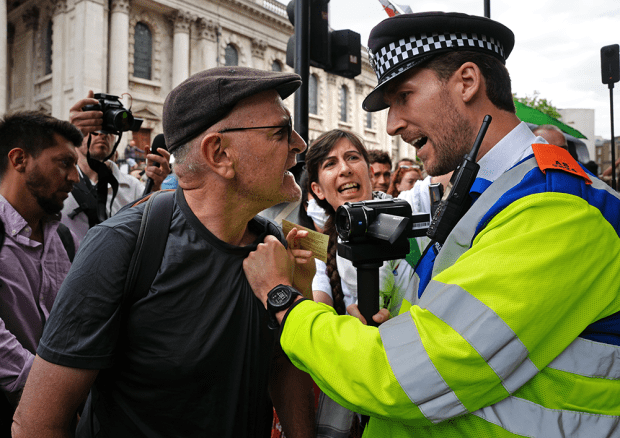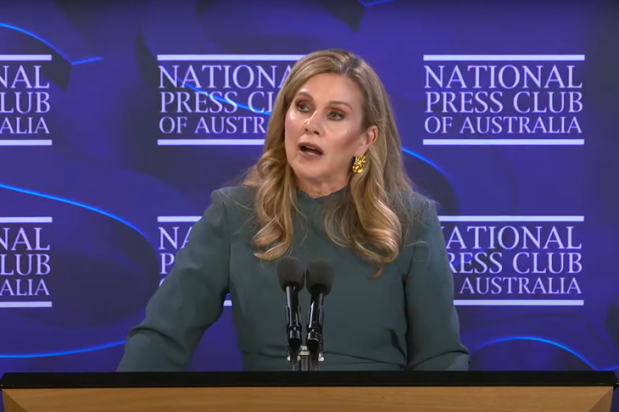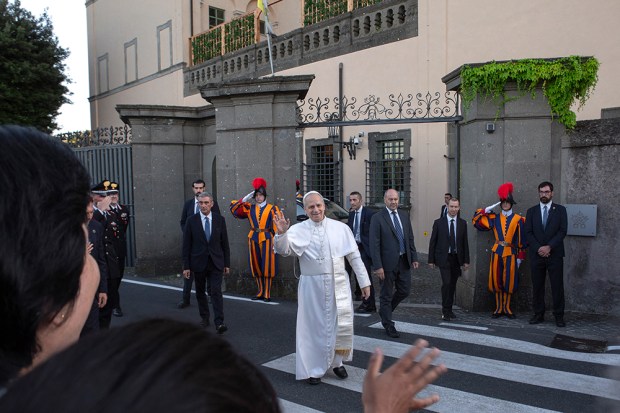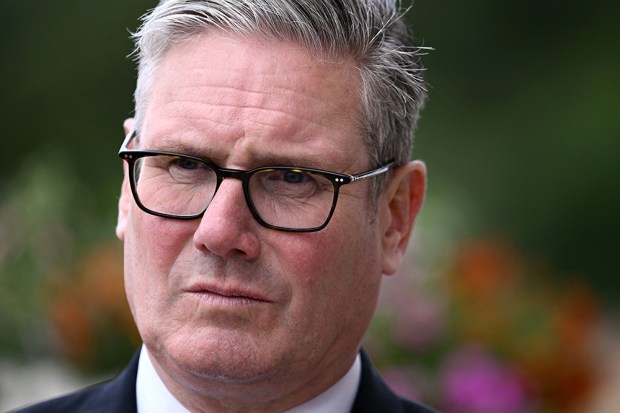Justified relief that soldiers are now coming out of the Azovstal steelworks alive is accompanied by anxiety about what might happen next. The day before the news broke, I was talking on WhatsApp to Daniel Detcom, a Ukrainian territorial reservist (in normal life, a disc jockey), currently on active service in Mykolaiv. He told me that the Azovstal issue was producing disagreement among Ukrainians. Those fighting in the steel plant were mostly more nationalist than President Zelensky. Some people suspected him of not striving hard enough to help them, because they might be better for him as ‘dead heroes’ than as active participants in a future Ukraine. It may be to try to refute this idea that Zelensky is insisting, in his public remarks, that dead heroes are exactly what he does not want. Now the issue is: what will happen to those released? We are being invited to trust the UN and the Red Cross; but the fighters who have come out of Azovstal are being held by the Russians, who make no distinction between prisoners of war and hostages. Will the wounded be properly cared for? Has Putin just acquired a powerful bargaining tool?
I feel so disappointed by the governor of the Bank of England. It is my fault for judging by appearances. When Andrew Bailey first came on the scene – podgy, bespectacled, dull – he seemed perfect for the job. The governor is supposed to look and sound reassuring, to eschew political and even, to a large extent, economic debate in favour of his principal task of maintaining the stability of the currency. I expected Mr Bailey’s remarks to be judicious and infrequent. Instead, you can hear him on Twitter telling young people how much he wants to hear from them. He opines on climate change and hides portraits of predecessors who may have had something to do with slavery. Having said earlier that inflation was transient, he now tells the Treasury Select Committee that he is ‘helpless’ in the face of it (it is running at nearly five times the rate he is paid to maintain) and that ‘I am going to sound apocalyptic’ about food prices. Yet if the earlier rises were ‘transient’ because of Covid supply blockages, might not the same apply to the effects of the war in Ukraine which (one prays) is unlikely to continue for as long as the pandemic? Anyway, ‘apocalyptic’ is the sort of un-dull, unnerving word that the governor should never, ever use.
But what can be done to alleviate the world grain shortage caused by Vladimir Putin, not Andrew Bailey? It is a highly unusual situation: a country being invaded needs to get food out, not in. How about a sort of Berlin airlift in reverse by which the western allies convey the grain to a hungry world? It would surely be an act of benevolence, not of war, to send ships to the Black Sea to pick up the wheat and maize. Unfortunately, however, the port of Odessa has to be heavily mined to deter Russian attack. The current aim, therefore, is to secure grain trains that carry the crops to ships in Turkish ports. Turkey is a Nato member, but Recep Tayyip Erdogan is the most bloody-minded of our allies and the only one opposing the accession of Finland and Sweden. The threat behind his objections is that he might transfer allegiance to Russia. It may be necessary to call his bluff.
During the Cold War, ‘Finlandisation’ was the word used to describe the danger of the whole of western Europe weakening itself in relation to Russia. How heartening that the meaning has now reversed. What is the equivalent word for the same weakness today? Germanisation?
Also heartening to hear that Putin is now taking decisions normally made by Russian colonels or brigadiers in Ukraine. Even in our own dear domestic politics, it is always a bad sign when, in response to some passing crisis, it is announced that the prime minister will take ‘personal charge’ of an issue. It was a favourite, for example, in the years of John Major and Gordon Brown. How much worse it will be for Russia if its tyrant is impeding his military by deciding himself where to put a pontoon bridge or which village to flatten next.
Michael Gove wrote a dreadful letter to the Lord Speaker last week. He knows quite enough history to understand why. It was about a temporary home for the House of Lords while the building is restored. In a sub-Cromwellian ‘Take away that bauble!’ tone, Mr Gove told Lord McFall: ‘I…cannot endorse the proposal that the Lords decamp to a temporary home [the QEII Centre of which his department has charge], a mere 200 yards from the Palace of Westminster.’ ‘Levelling up’, he said, ‘is the defining mission of this government’ and ‘I want to support the House of Lords in contributing to that mission by spreading opportunity, investment and power across the United Kingdom’. It should go to Stoke, he suggested, Burnley, Wolverhampton…As Lord McFall said in his rightly chilly reply: ‘Decisions regarding parliament are for parliament alone, not government.’ Anything else would be tyrannical. Besides, for the entire history of parliament, it has mattered that its two Houses are contiguous, so they can communicate properly. If parliament wants to level up, both Houses should head for Stoke, and Mr Gove should have nothing to do with it, except for his single vote as an MP.
This week, the Queen, wearing clothes which subtly echoed the Ukrainian flag, opened the Elizabeth line, named after her. She was given an Oyster card carrying £5 (two journeys). In 1969, the Queen opened the Victoria line, named after her great-great grandmother. She was given 6d (2½p) to put in an innovative automatic ticket machine. I remember this happening: the whizzo machine spat out her coin.

